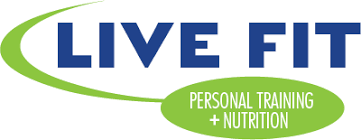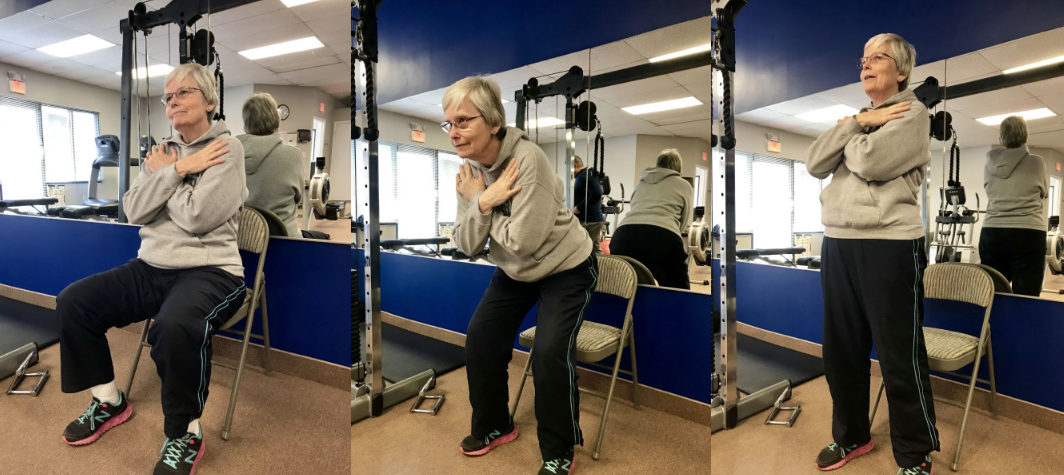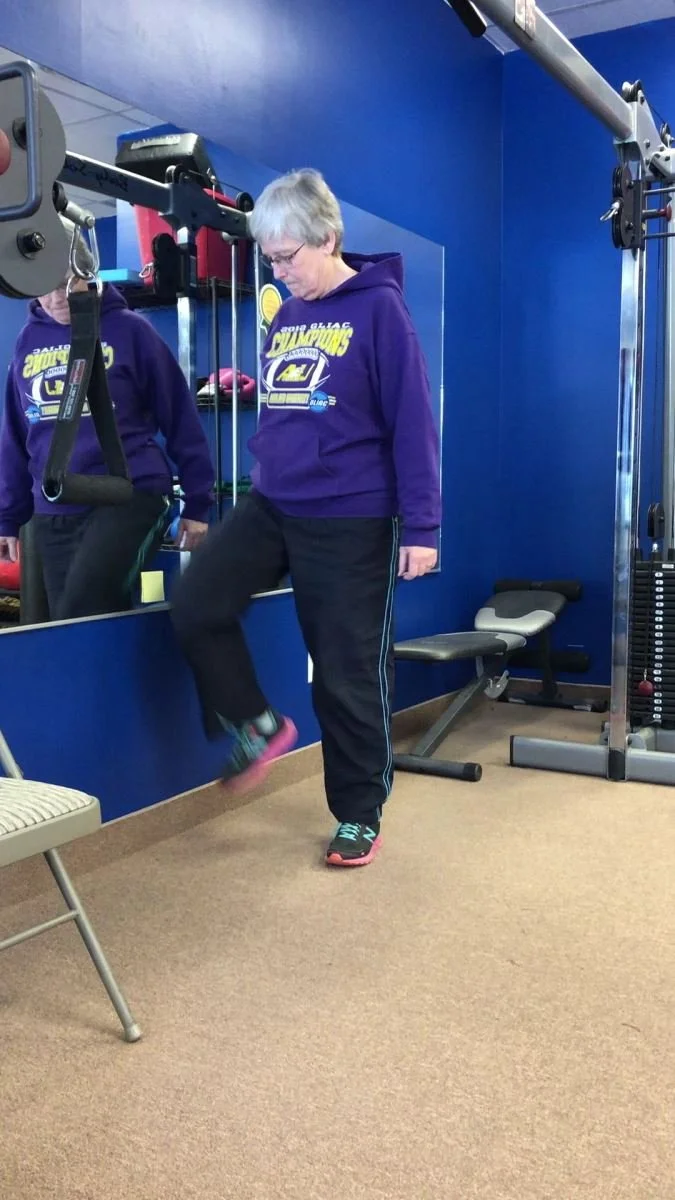The 6 Senior Fitness Tests For An Active & Healthy Retirement
The senior fitness test is a comprehensive fitness test used to assess functional fitness in adults ages 60+. Functional fitness is defined as having the physical ability to perform normal everyday activities safely and independently without extreme fatigue. It is used as a tool to improve weak areas and empower seniors to live their best life, without pain, for as long as possible.
Our goal at Live Fit is to identify weak areas using the senior fitness test and implement a fitness plan to improve mobility and quality of life for the aging population!
Call today to schedule a free senior fitness test with one of our trainers!
Test Breakdown
The Senior Fitness Test includes 6 short tests involving different areas of physical fitness.
30- Second Chair Stand Test
Purpose: Assess lower body strength
Description: Number of times a person can fully stand up from a seated position in 30 seconds.
Why is this important? Lower body strength may reduce the risk of falling! Also, it is important for tasks such as stair climbing, walking, and getting out of a chair, tub, or car.
Exercises for improvement: Standing squat, single leg lunge, hip extension, leg curl
30-Second Arm Curl Test
Purpose: Assess upper body strength
Description: Number of times a bicep curl can be completed in 30 seconds. Women use 5 lb dumbbells and men use 8 lb dumbbells.
Why is this important? Upper body strength is important for many daily activities such as household chores, carrying groceries, and grandchildren.
Exercises for improvement: Chest press, wall push up, bicep curl, lateral arm raise
2-Minute Step Test
Purpose: Assess aerobic endurance
Description: Number of full steps completed in 2 minutes, raising each knee to a point midway between the knee cap and top of hip bone. (marching in place)
Why is this important? Aerobic performance is important for climbing stairs, walking distances, shopping, sightseeing while on vacation, etc.
Exercises for improvement: Walking, swimming, dancing, pushing a stroller
Chair Sit-and-Reach Test
Purpose: Assess lower-body flexibility
Description: Start in seated position and extend leg in front, reach forward toward toes with hands overlapped. The number of inches plus or minus between the extended fingers and tip of toes are measured.
Why is this important? Lower body flexibility is important for good posture, normal gait patterns, and various tasks involving getting in and out of a bathtub or car.
Exercises for improvement: Calf raises, seated sit-ups, shifting side to side, zigzag exercises
Back Scratch Test
Purpose: Assess upper-body (shoulder) flexibility
Description: With one hand reaching over the shoulder and one up the middle of the back, the number of inches between the extended middle fingers (plus or minus).
Why is this important? Upper-body flexibility is important for tasks such as combing hair, putting on clothes, and reaching for the seatbelt.
Exercises for improvement: Shoulder and upper arm stretch, chest stretch, wall upper-body stretch, neck and shoulder stretch
8-Foot Up-and-Go Test
Purpose: Assess agility and dynamic balance
Description: Number if seconds required to get up from a seated position, walk 8 feet, turn, and return to the seated position.
Why is this important? Agility and dynamic balance are important for tasks that require quick maneuvering. For example, getting off a bus in time, getting up to answer the telephone or attend to something in the kitchen cooking, and getting up to use the restroom.
Exercises for improvement: Calf raises, seated sit-ups, shifting side to side, zig-zag exercises



